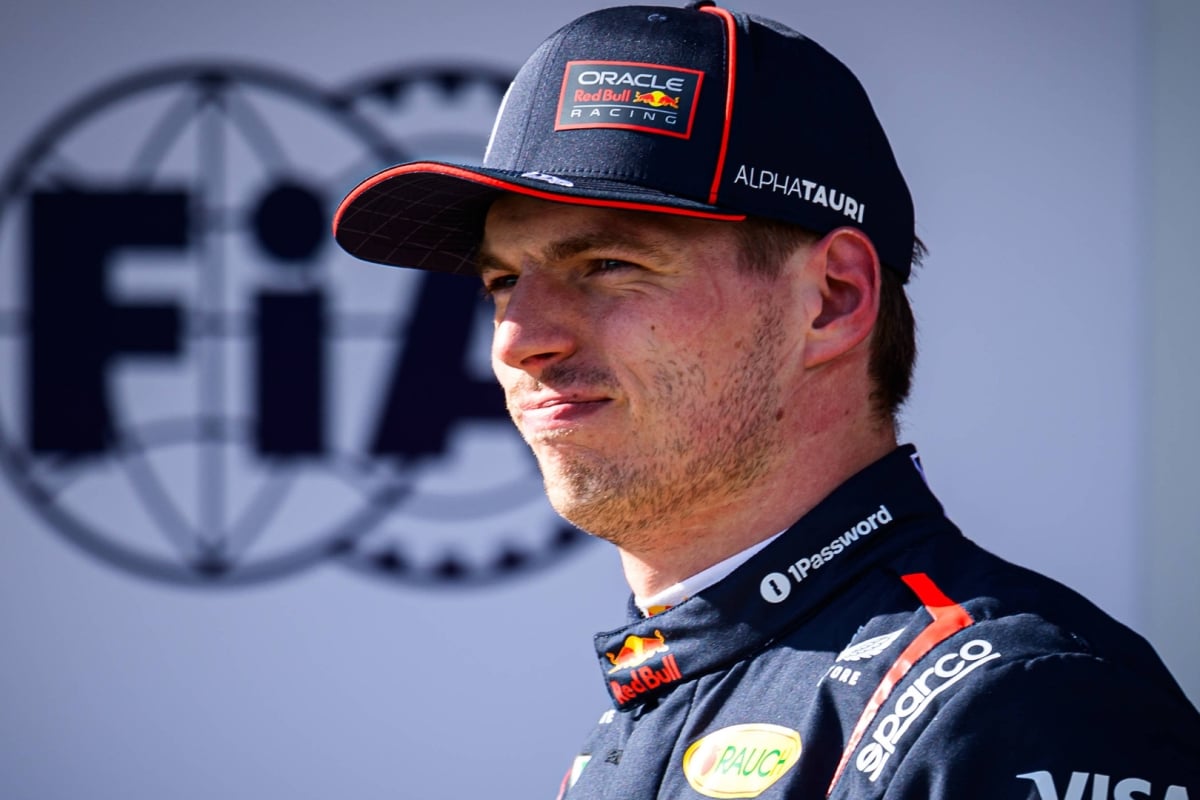Verstappen Avoids F1 Race Ban by a Single Point Amid F… read more
Max Verstappen is walking a disciplinary tightrope in Formula 1 after a controversial incident with George Russell at the Spanish Grand Prix earned him three penalty points. The reigning world champion now sits just one point away from a race ban, prompting debate over whether the FIA’s ruling was too lenient.
The incident occurred during the opening lap at Turn 1 in Barcelona, where Verstappen and Russell made initial contact. Red Bull swiftly instructed Verstappen to return the position, but the Dutchman resisted over team radio, seemingly disagreeing with the team’s call. Moments later, the two collided again—an action that many observers, including former F1 champion and Sky Sports pundit Nico Rosberg, interpreted as potentially intentional.
The FIA launched an investigation following the race and eventually handed Verstappen a 10-second time penalty and three penalty points. While this keeps him in the running for the upcoming Canadian Grand Prix, it also leaves no room for error. Had he been assessed just one additional point, Verstappen would have received an automatic race ban under F1’s 12-point penalty threshold.
This marks a rare and serious moment in modern Formula 1. While drivers frequently accumulate penalty points throughout the season for various infractions, it is extremely uncommon for a single incident to result in four points—the minimum number required to trigger an immediate race ban if the driver is already near the limit. Interestingly, such a ruling did occur just last month in the FIA F3 Championship, adding more fuel to the debate over Verstappen’s treatment.
At the same circuit in Barcelona, Alpine junior driver Nicola Lacorte was handed four penalty points for a collision with AIX Racing’s Jose Garfias during qualifying. The F3 stewards were clear and direct in their judgment: Lacorte was “wholly responsible” for the incident, and his actions on the straight were described as “ill-judged and unacceptable.” The report further warned that retaliatory driving had no place in motorsport and emphasized the increased danger posed by such behavior.
Critics argue that Verstappen’s move on Russell bore striking similarities to Lacorte’s, yet the punishment was markedly different. Rosberg, for instance, went as far as to suggest Verstappen should have been disqualified from the race altogether. While the F1 stewards acknowledged that the crash was “undoubtedly caused by the actions of Car 1 [Verstappen],” they stopped short of calling it intentional. That ambiguity could be why Verstappen escaped a harsher penalty, but it has not silenced debate among fans, pundits, and even some within the paddock.
The comparison to Lacorte’s case has become even more compelling due to a shared steward: Natalie Corsmit. She served on the F3 panel that sanctioned Lacorte and will be making her debut as an F1 steward at the Canadian Grand Prix in Montreal. Her presence on the panel could be pivotal as Verstappen, now under intense scrutiny, cannot afford to put a foot wrong in Canada or the subsequent race in Austria.
With a possible race ban looming, Verstappen will have to keep his composure and driving conduct above reproach. The reigning champion is known for his aggressive style, which has brought him immense success, but also frequent brushes with FIA regulations. Now, with the margin for error razor-thin, every move he makes on track will be under the microscope.
As Formula 1 heads to Montreal, the spotlight isn’t just on the championship battle—it’s also on the rulebook. The FIA’s consistency and fairness in enforcement will be tested again, and Verstappen must navigate not just the Circuit Gilles Villeneuve, but also the delicate balance between racing hard and racing clean.




